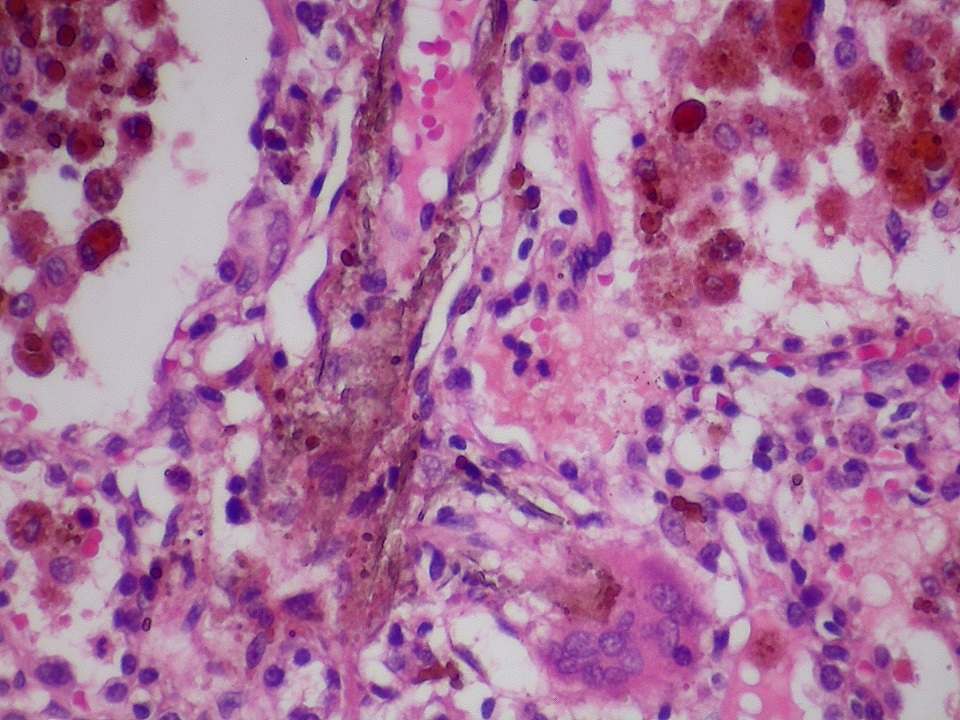
You might ask, what is the ‘endothelial function’? Well, the endothelium is a layer of cells that are found in the interior of blood vessels and lymphatic vessels. This layer forms an interface between circulating blood or lymph in the lumen and the rest of the vessel wall.
This study examines if certain food items can be related and correlated to an improved or disimproved functioning of this cellular layer. The importance of a healthy endothelium in blood vessels is related to Atherosclerosis, where the wall thickens as a result of the accumulation of fatty materials such as cholesterol, possibly leading to stroke, heart attack, and general cardiovascular diseases.
Since dietary recommendations are a key element in the management of cardiovascular disease. The researchers in this review study examined the consumption of many vegetables and fruits and if these have a correlation with the prevalence of cardiovascular disease.
The researchers noted a benefit of consuming vegetables, fruits, nuts, fish, cocoa and green tea. The items appear to improve endothelial functioning and thus reduce the risk of atherosclerosis. Also shown to having a positive effect are apples, citrus fruits, and red wine.
The reason behind could possibly be isolated to certain polyphenols, vitamins, and other substances.
Abstract
The purpose of review: Endothelial dysfunction plays an important role in development and progression of atherosclerosis and may also contribute to the pathogenesis of type 2 diabetes. This review summarizes recent findings on the effects of vitamin D, antioxidant vitamins, polyphenols, polyphenol-rich foods, dietary component combinations and healthy diets on endothelial function.
Recent findings: Dietary patterns rich in fruit, vegetables, fish, and nuts appear to have beneficial effects on endothelial function. With regard to specific foods, cacao and green tea consumption have been associated with improvement in endothelial function and this seems to be due to their flavan-3-ol (catechins and epigallocatechin gallate) content. The evidence for beneficial effects of other foods such as citrus fruit, apples, and red wine is less consistent. Recent studies have also suggested beneficial effects of vitamin D and anthocyanins on endothelial function and have provided more insight into potential mechanisms underlying the effect of diet on endothelial function.
Summary: The currently available evidence supports beneficial effects of various dietary compounds on endothelial function. However, in order to obtain strong evidence for relevant health effects that can be used for specific dietary recommendations, more long-term studies using well characterized diets/supplements in a large number of individuals are needed.
______________________________
Diet and endothelial function: from individual components to dietary patterns.
_______________






















